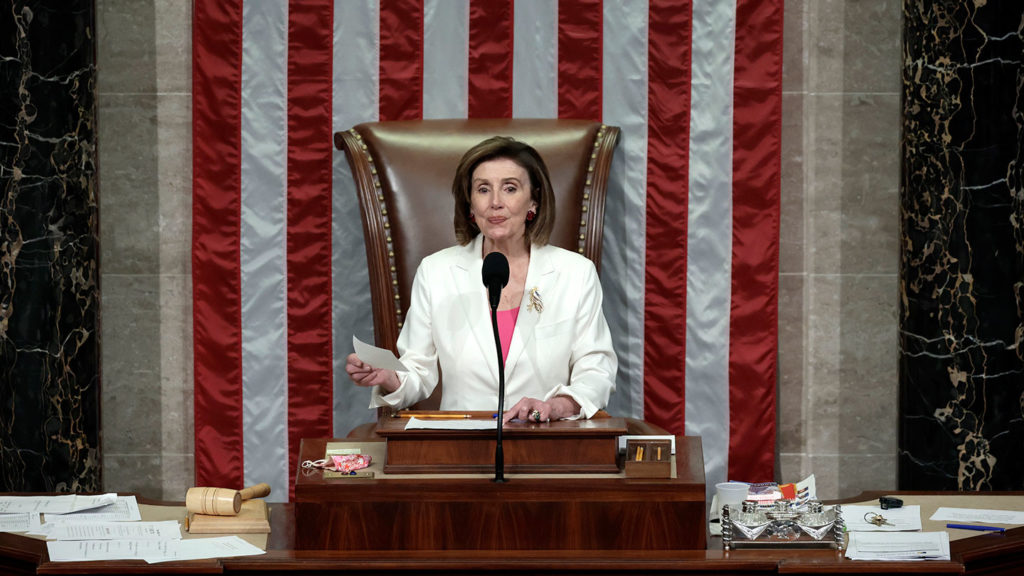
The nation’s second largest nursing home association applauded U.S. House lawmakers on Friday after they passed legislation that would invest hundreds of millions of dollars into training long-term care workers.
President Joe Biden’s Build Back Better Act received the House’s stamp of approval Friday as lawmakers approved the legislation 220-213. The roughly $2 trillion social safety net and climate bill makes significant investments in long-term care and home-and-community based services.
Specifically, the legislation includes roughly $150 billion to boost HCBS under Medicaid and $329 million in grant funding for recruiting, retaining and training long-term care workers.
“[Friday]’s vote is a major step forward for millions of older Americans who are holding their breath, stuck on waiting lists to rent a place they can afford, and unable to get the home health and other help they and their families need,” Katie Smith Sloan, LeadingAge president and CEO, said in a statement Friday.
“It’s also an overdue step toward alleviating workforce shortages that are denying critical services and support to millions of older adults,” said.
The legislation now heads to the Senate where it faces a tough path to approval. Sloan said that the Senate’s job is “clear” and they must adopt these investments without reducing the dollar amounts.
“Support for home and community-based services and affordable senior housing programs in the Build Back Better legislation can fundamentally transform how people grow old in this country,” Sloan added. “These are critically needed resources — especially investments in workforce — that will immediately help alleviate current shortages and scarcity across aging services.”
The package also calls for the Health and Human Services secretary to conduct a study to determine the ideal minimum nurse staff-to-resident ratio for SNFs and then mandate that minimum requirement for facilities, which has been criticized by the American Health Care Association.





